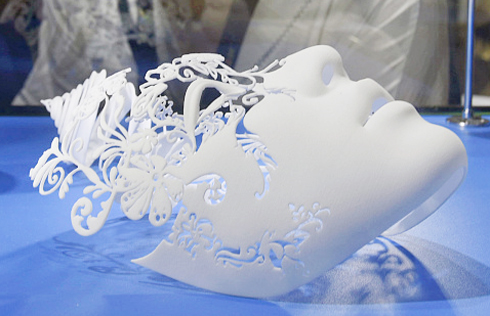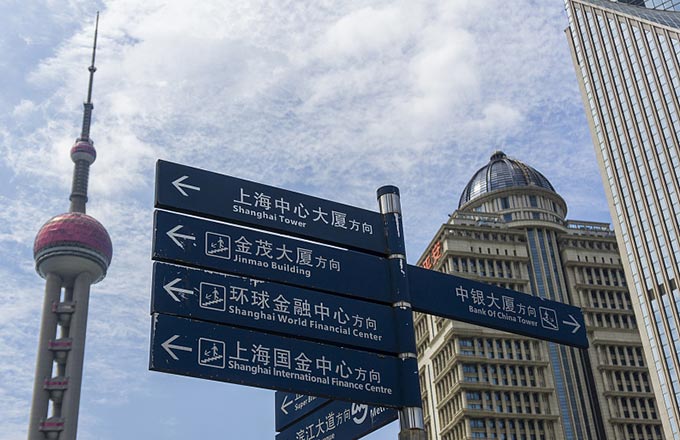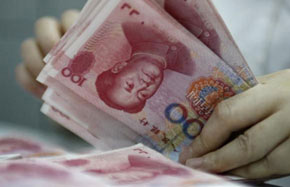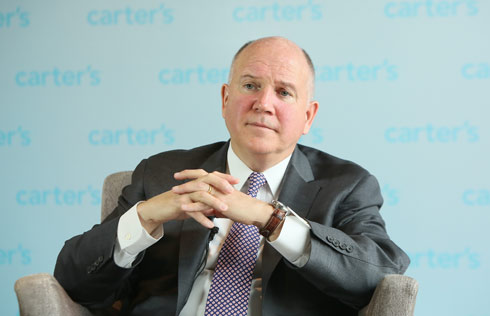Economists see favorable outlook for RMB internationalization path
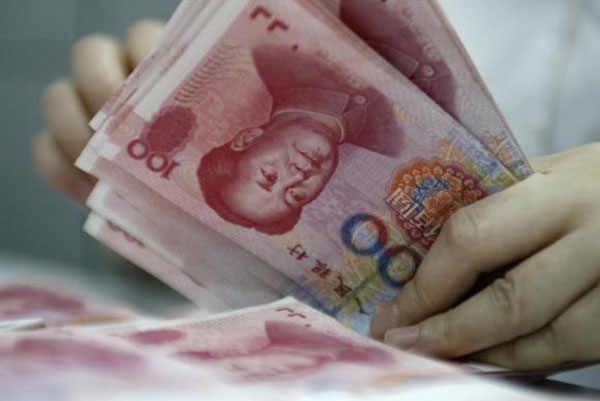 |
|
An employee counts yuan banknotes at a bank in Huaibei, Anhui province, June 22, 2010. [Photo/Agencies] |
KUALA LUMPUR - China's renminbi is expected to regain its momentum as US dollar is likely to remain weak and the Belt and Road Initiative may drive the demand of RMB, economists said here Tuesday.
JP Morgan (China)'s senior economist Grace Ng told a banking conference in Kuala Lumpur that the macro backdrop for RMB has been gradually improving as the global economy is starting to improve and the greenback is expected to stay weak.
"As the US dollar started to weaken against many currencies in the first half, we don't see the return of significant dollar strengthening as we saw in the previous two to three years," she said.
The global economy, which is in recovering path, will also boost China's export sector, which in turn would create a more stable condition for the country and its currency, she added.
The event was organized by the Asian Institute of Chartered Bankers and China's Tsinghua University.
Concurred with Ng, BNP Paribas Asset Management (Hong Kong)'s senior economist Chi Lo opined that the RMB will regain its confidence from investors if the US dollar remains weak.
According to Bloomberg statistics, the US dollar has depreciated 3.25 percent to 6.71 against RMB year-to-date.
"I believe at the end of this year, the US dollar against the RMB could trade even below 6.7. By next year, the RMB may strengthen another 2 percent further," Lo said.
Lo also sees the increasing trades demand as the major driving force for RMB, especially with the implementation of the Belt and Road Initiative.
China-proposed Belt and Road Initiative aims to build trade and infrastructure networks connecting Asia with Europe and Africa on and beyond the ancient Silk Road routes. It comprises the Silk Road Economic Belt and the 21st Century Maritime Silk Road.
"When China expands its trade network via the Belt and Road Initiative, using RMB will be quite natural; assuming the trading partner to accept RMB is also logic," Lo added.
He does not discount the possibilities that RMB would become the third largest global reserve currency in three years' time.
RMB accounted for only 1.2 percent of global reserve currently, he said.
HSBC (Hong Kong)'s Greater China foreign exchange trading's head Ben WP Lim shared the same view that the RMB internationalization will regain its momentum, underpinned by the Belt and Road Initiative.
"I am quite confident the (RMB internationalization) process will be speeding up in the next three years, and we will see the increasing usage of RMB in offshore market," he added.






